Examine Your
Level of Support
Clarifying
our attitudes and beliefs helps us to become more
conscious of what we feel. Recognizing your level of
support or disagreement concerning LGBTQ issues and
people is the first step towards becoming a better ally.
The purpose of the following exercise is not to change
your attitudes and values, but for you to examine
yourself and bring to your consciousness what those
attitudes and values are. Ask yourself these questions
to determine where you are in your personal journey.
This collection of self-reflection exercises are
generally intended for a non-LGBTQ audience.
Please read each of the following statements and rate
your level of agreement.
--I refrain from making homophobic remarks or jokes
about LGBTQ people.
--I always confront homophobic remarks and jokes made by
others.
--I believe that homophobic harassment and violence are
serious issues and it is important to seriously address
the perpetrators of such acts.
--I believe that LGBTQ people are equally entitled to
all of the same rights and privileges as everyone else.
--I
support same-sex marriage.
--I believe that LGBTQ people are capable of the same
normal, healthy relationships as everyone else.
--I do not feel awkward seeing LGBTQ people displaying
affection in public.
--I
support the adoption of children by LGBTQ couples.
--I do not
worry about what kind of effect an LGBTQ individual
might have on my children or any other children.
--I am
comfortable with LGBTQ people coming out to me.
--I use language and examples that are inclusive of
LGBTQ individuals and their experiences.
--I am comfortable publicly expressing my affection for
friends of the same gender.
--I am comfortable attending LGBTQ events.
--I am
knowledgeable about the histories, cultures,
psychosocial development, and needs of LGBTQ people.
--I value the contributions that LGBTQ people have made
to society.
--I do not make judgments about people based on what I
perceive their sexual orientation to be.
--I respect the confidentiality of LGBTQ people by not
gossiping about their sexual orientation or gender
identity.
--I actively advocate for, financially support, and/or
participate in LGBTQ organizations.
--I have questioned/thought about/seriously considered
my own sexuality.
--I have questioned/thought about/seriously considered
my gender identity.
--I am comfortable around people who dress, act, or
present themselves in ways that are not traditionally
associated with their assumed biological sex.
--It does not bother me if I cannot identify the gender
of a person just by looking at that person.
--I believe that homophobia and transphobia affect all
people, regardless of their sexuality or gender.
[Source: Crocteau & Lark, 1995, Themes of Bias & Exemplary
Practice of Student Affairs Professionals developed by
ACPA Standing Committee of LGBTQ Awareness]
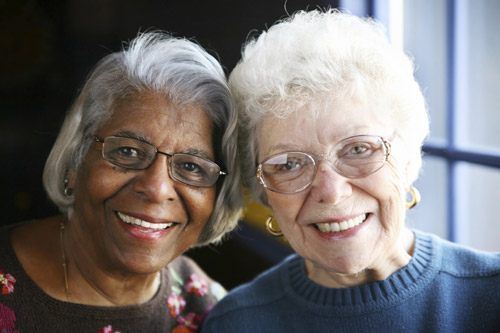
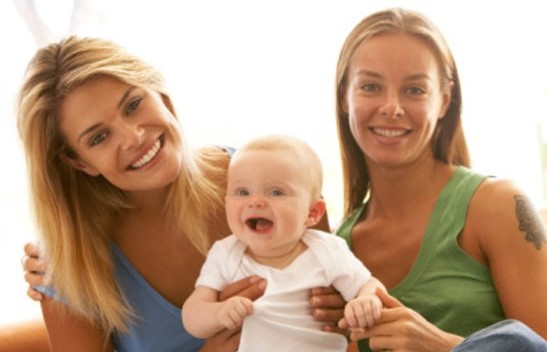
Come and Be Who You Are
Homosexuality Attitude Scale
Info: Homophobia and Heterosexism
Negative Attitudes Toward LGBTQ People
Survey on Attitudes Toward LGBTQ Issues
Info: LGBTQ Discrimination
LGBTQ Inclusivity in Schools:
Self-Assessment Tool
Moving Towards LGBTQ Equality
Homophobic Scale
Negative Levels of Attitude
1. Repulsion - Homosexuality is seen as a
crime against nature. Gays/lesbians are sick, crazy,
immoral, sinful, wicked, and aversive. Anything is
justified to change them: prison, hospitalization,
negative behavior therapy, violence.
Homosexuality is unnatural and immoral. LGBTQ people are
emotionally or psychologically ill. LGBTQ people
should participate in reparative therapy or any other
treatment available to help them change their sexual
orientation.
2. Pity - Heterosexual chauvinism.
Heterosexuality is more mature and certainly to be
preferred. Any possibility of becoming "straight" should
be reinforced, and those who seem to be born that way
should be pitied.
We should
have compassion for LGBTQ people. They canít be blamed
for how they were born. LGBTQ people didnít choose to be
the way they are. If they could somehow become
heterosexual, they would surely do so.
3. Tolerance - Homosexuality is just a phase
of adolescent development that many people go through
and most people grow out of. Thus, gays/lesbians are
less mature than heterosexuals and should be treated
with the protectiveness and indulgence one uses with a
child. Gays and lesbians should not be given positions
of authority because they are still working through
their adolescent behavior.
Homosexuality is a phase that many people go through and
most grow out of. LGBTQ people need our support
and guidance as they wrestle with the many difficult
issues associated with their lifestyle.
4. Acceptance - Still implies there is
something to accept. Homosexuality is a fact of life
that should neither be punished nor celebrated.
Characterized by such statements as "you're not a
lesbian, you're a person" or "what you do is your own
business" or "it's fine with me, just don't flaunt it."
I have no
problem with LGBTQ people, but see no need for them to
flaunt their sexual orientation publicly. What LGBTQ
people do in the privacy of their own bedroom is their
business.
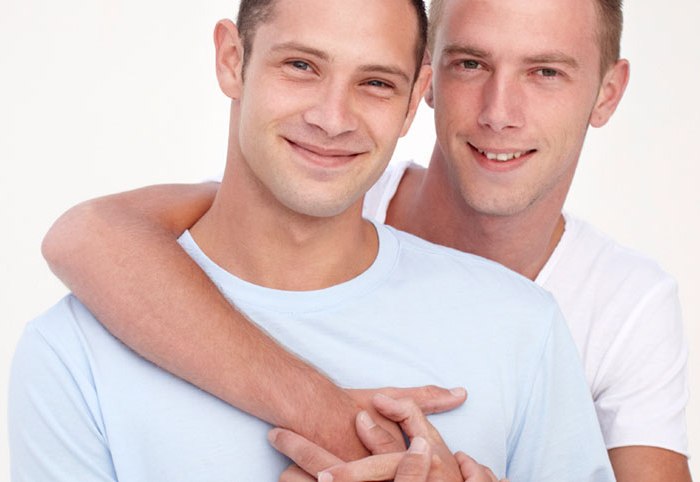

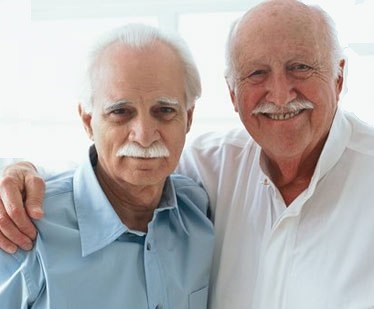
Come and Be Who You Are
Homosexuality Attitude Scale
Info: Homophobia and Heterosexism
Negative Attitudes Toward LGBTQ People
Survey on Attitudes Toward LGBTQ Issues
Info: LGBTQ Discrimination
LGBTQ Inclusivity in Schools:
Self-Assessment Tool
Moving Towards LGBTQ Equality
Positive
Levels of Attitude
5. Support - Work to safeguard the rights of
lesbians and gays. People at this level may be
uncomfortable themselves but they are aware of the
homophobic climate and irrational unfairness.
LGBTQ
people deserve the same rights and privileges as
everybody else. Homophobia is wrong. Society needs to
take a stand against anti-LGBTQ bias.
6. Admiration - Acknowledges that being
gay/lesbian in our society takes strength. People at
this level are willing to truly examine their homophobic
attitudes, values, and behaviors.
It takes
strength and courage for LGBTQ people to be themselves
in todayís world. It is important for me to
examine my own attitudes so that I can actively support
the struggle for equality that LGBTQ people have
undertaken.
7. Appreciation - Value the diversity of
people and see gays/lesbians as a valid part of that
diversity. These people are willing to confront and
combat homophobia in themselves and others.
There is
great value in our human diversity. LGBTQ people are an
important part of that diversity. It is important for me
to stand up to those who demonstrate homophobic
attitudes.
8. Nurturance - Assumes that gay/lesbian
people are indispensable in our society. They view
gays/lesbians with genuine affection and delight, and
are willing to be allies and advocates.
LGBTQ
people are an indispensable part of our society. They
have contributed much to our world and there is much to
be learned from their experiences. I would be proud to
be part of an LGBTQ organization, and to openly advocate
for the full and equal inclusion of LGBTQ people at all
levels of our society.
[Source: Dorothy Riddle, 1985, Homophobia Scale]
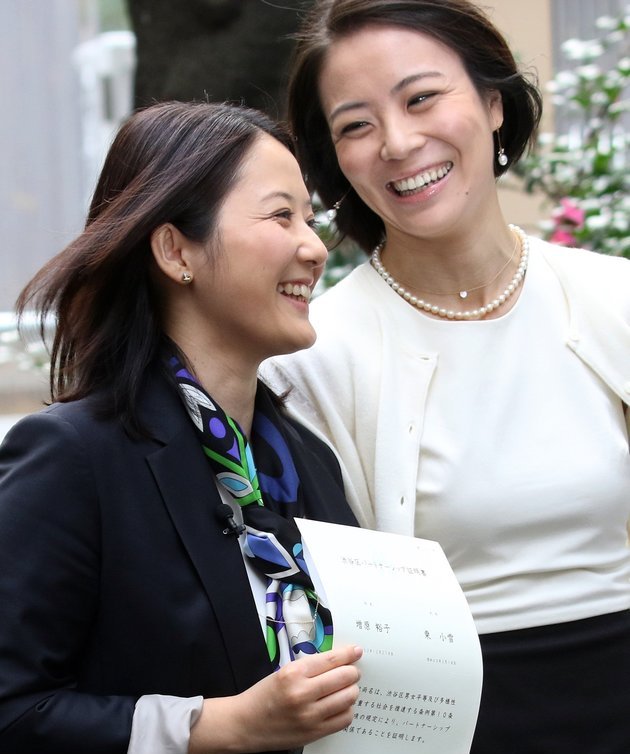
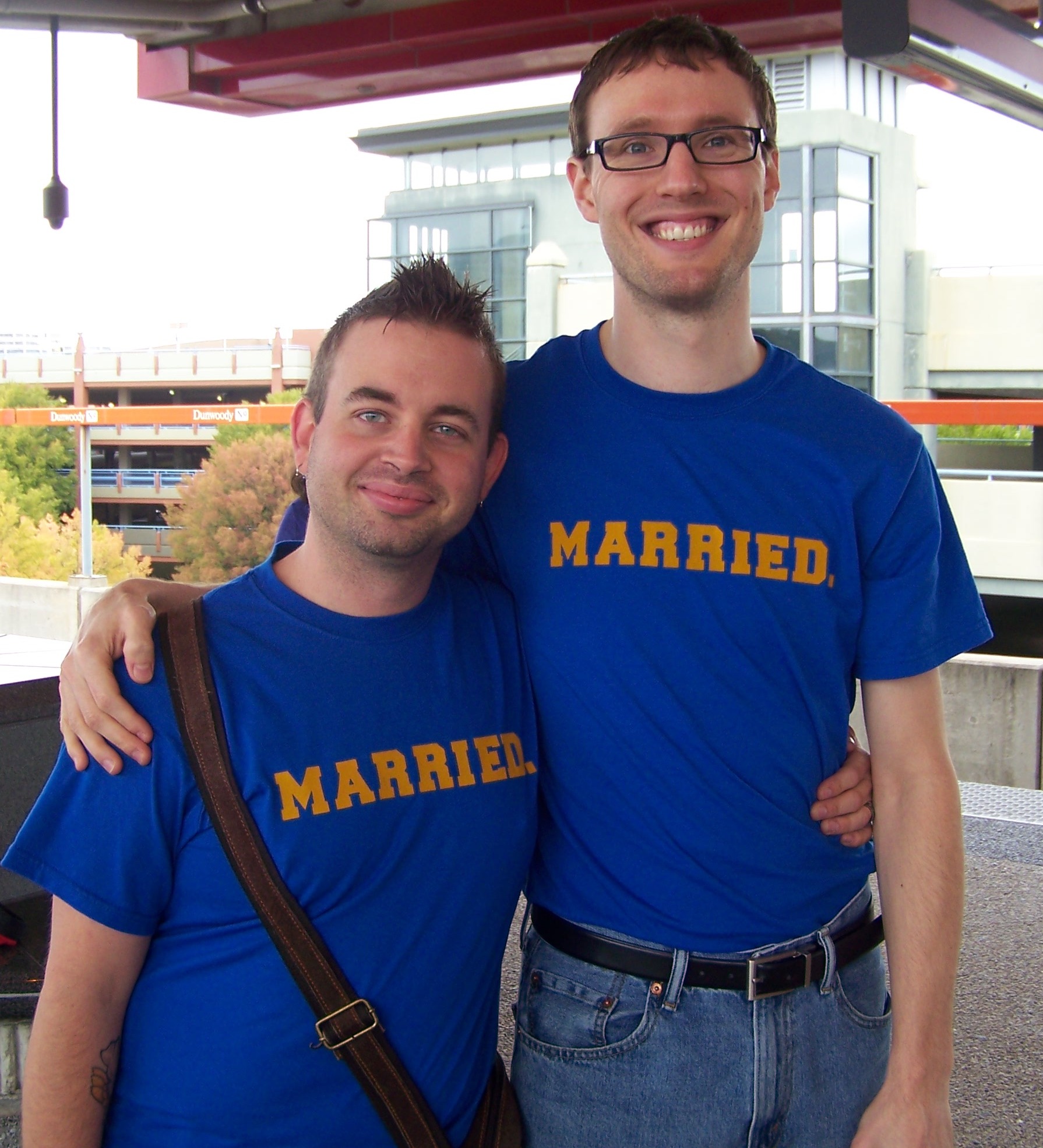
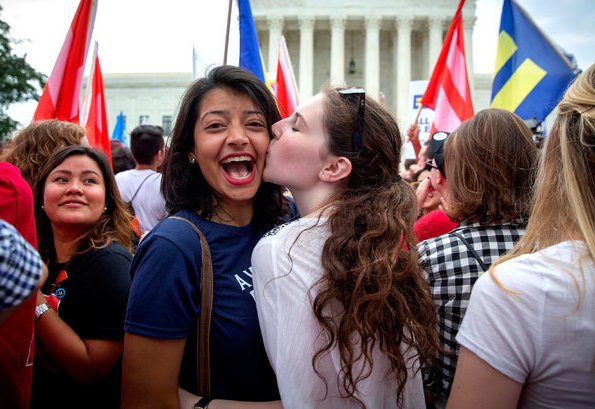
Come and Be Who You Are
Homosexuality Attitude Scale
Info: Homophobia and Heterosexism
Negative Attitudes Toward LGBTQ People
Survey on Attitudes Toward LGBTQ Issues
Info: LGBTQ Discrimination
LGBTQ Inclusivity in Schools:
Self-Assessment Tool
Moving Towards LGBTQ Equality
Attitude Check
--Are your personal feelings preventing you from
accepting and respecting LGBTQ people?
--Are you somewhat accepting, but may not be willing to
actively work against anti-LGBTQ bias?
--Are you willing to provide support and work toward
equal rights for LGBTQ people?
--Are you able to fully embrace LGBTQ people as equal
and valuable members of the community?
--Are your attitudes toward LGBTQ people based upon
experience or preconceptions?
--Are you as accepting of LGBTQ people as you are of
people from different racial, ethnic or religious
backgrounds?
--Have you ever had an LGBTQ friend?
--How
might your attitudes help or hinder you from being an
ally for LGBTQ people?
--What can you do educate yourself about LGBTQ issues
and improve your attitude with regard to LGBTQ people?
[Source: Dorothy Riddle, 1985, Homophobia Scale]
Materials for
Self Reflection
Scenarios
Self Reflection
Privilege Checklist
HOME
QUEER CAFE
│ LGBTQ Information Network │ Established 2017